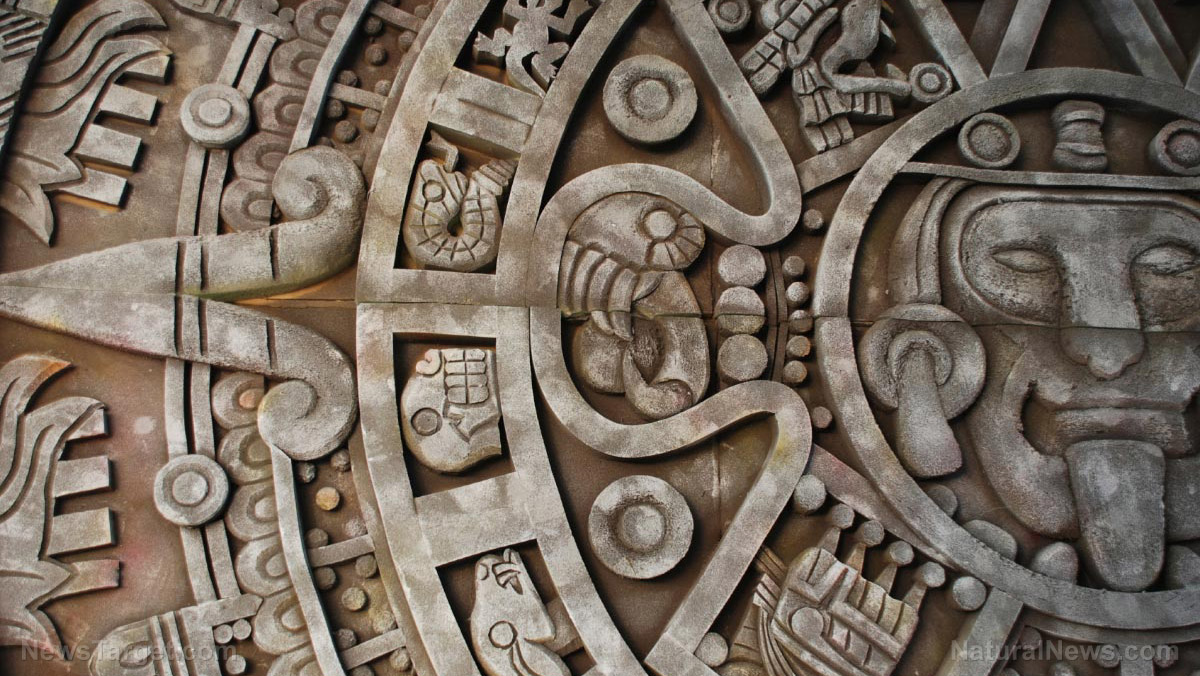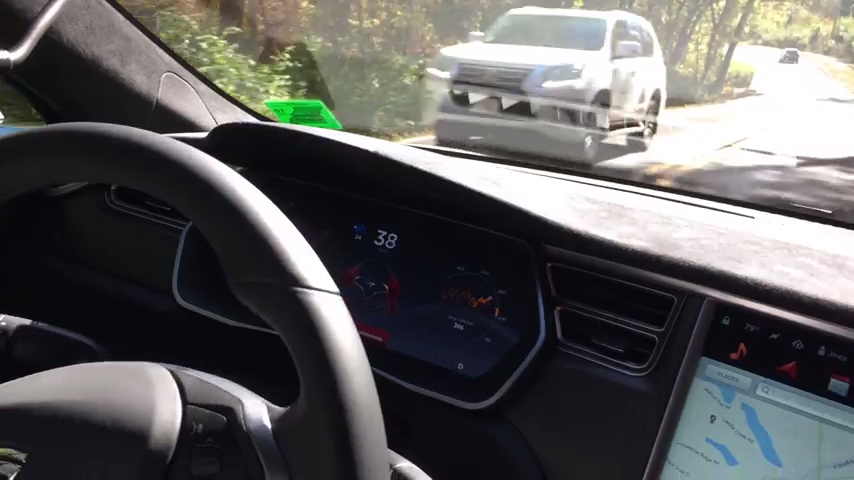Check out these 6 ancient civilizations that were hiding in plain sight, but never discovered prior to the advent of archeological LASER BEAM technology
09/05/2023 / By Ethan Huff

Using advanced laser beam technology, archeologists claim to have discovered evidence of no less than six ancient civilizations that used to exist but no longer do, the ruins of which are apparently still hiding right in plain sight.
Lidar lasers, as they are called, can penetrate dense vegetation, allowing experts to view the terrain and any underlying structures that would otherwise remain hidden under all the foliage.
Short for Light Detection and Ranging, lidar technology beams tens of thousands of laser pulses per second from airplanes or helicopters at the ground below, allowing scientists to create three-dimensional (3-D) maps without all that vegetation in the way.
The Maya pyramidal structures in the Yucatán Peninsula of Mexico were unearthed and identified using lidar lasers. Located about 40 miles inside the dense vegetation of the Balamkú ecological reserve, researchers identified this ancient city, which they believe probably existed between 600 and 800 AD, and perhaps even earlier.
“Architecturally, it was truly massive,” commented archaeologist Ivan Šprajc about the city, which once sprawled across 123 acres. “So, it’s clear this must have been a politically important center.”
Lidar lasers were also used to identify a hidden 2,000-year-old Maya civilization in northern Guatemala. Located in the Mirador-Calakmul Karst Basin region, which boasts nearly 1,000 archeological sites, this long-lost civilization consisted of more than 417 cities, towns and villages spread across 650 square miles.
“They’re the world’s first superhighway system that we have,” commented Richard Hansen, the lead author of a study about this ancient civilization, which had dozens of ball courts and 100 combined miles of elevated limestone-and-clay causeways that the Mayans used to travel over wetlands and between sites.
(Related: Remember back in 2014 when plasma physicist Dr. John Brandenburg suggested that two different races of being destroyed an ancient civilization that he claims used to exist on Mars, using nuclear weapons?)
Are there more ancient civilizations still to be discovered using lidar lasers?
Archeologists have also uncovered nearly 500 long-lost Maya and Olmec ceremonial sites across Mexico. As many as 478 different Mesoamerican sites ranging in age between 2,000 and 3,000 years old were uncovered across a 32,800-square-mile area in the Mexican states of Tabasco and Veracruz.
“It was unthinkable to study an area this large until a few years ago,” commented Takeshi Inomata, an anthropologist at The University of Arizona who co-authored a study on this important discovery.
In the dense jungles of Guatemala, lidar lasers were used to uncover 61,480 previously unknown structures, including long-lost roads, foundations for houses and other buildings, military fortifications and elevated causeways.
“Seen as a whole, terraces and irrigation channels, reservoirs, fortifications and causeways reveal an astonishing amount of land modification done by the Maya over their entire landscape on a scale previously unimaginable,” said Francisco Estrada-Belli, an anthropologist who authored a study on this discovery.
In the deep Amazonian rainforest, lidar lasers brought to light 81 earthworks, including fortified villages and roads that supported a civilization of up to one million people between the years of 1250 and 1500 AD.
Jonas Gregorio de Souza, the author of a paper on this discovery, says there are likely hundreds more sites hidden in the jungle that create a “continuous string of settlements.”
Finally, in the Bolivian Amazon, archeologists discovered a wide-ranging ancient civilization containing the ruins of 26 Indigenous settlement sites, 11 of which were new discoveries.
“Our results put to rest arguments that western Amazonia was sparsely populated in pre-Hispanic times,” archeologists wrote in a paper that was published in the peer-reviewed journal Nature.
“We know that there were severe droughts in the Amazon regions several times in history,” said Heiko Prümers, co-author of the study, about what happened to the ancient Casarabe who used to live in these settlements. “That might have happened to this culture as well.”
More related news about ancient history and civilizations can be found at Discoveries.news.
Sources for this article include:
Submit a correction >>
Tagged Under:
Ancient civilizations, ancient history, archeology, artifacts, breakthrough, civilizations, cool science, cool technology, discoveries, future science, future tech, innovations, inventions, lasers, LIDAR, real history, real investigations, research
This article may contain statements that reflect the opinion of the author
RECENT NEWS & ARTICLES
COPYRIGHT © 2017 FUTURETECH.NEWS
All content posted on this site is protected under Free Speech. FutureTech.news is not responsible for content written by contributing authors. The information on this site is provided for educational and entertainment purposes only. It is not intended as a substitute for professional advice of any kind. FutureTech.news assumes no responsibility for the use or misuse of this material. All trademarks, registered trademarks and service marks mentioned on this site are the property of their respective owners.




















